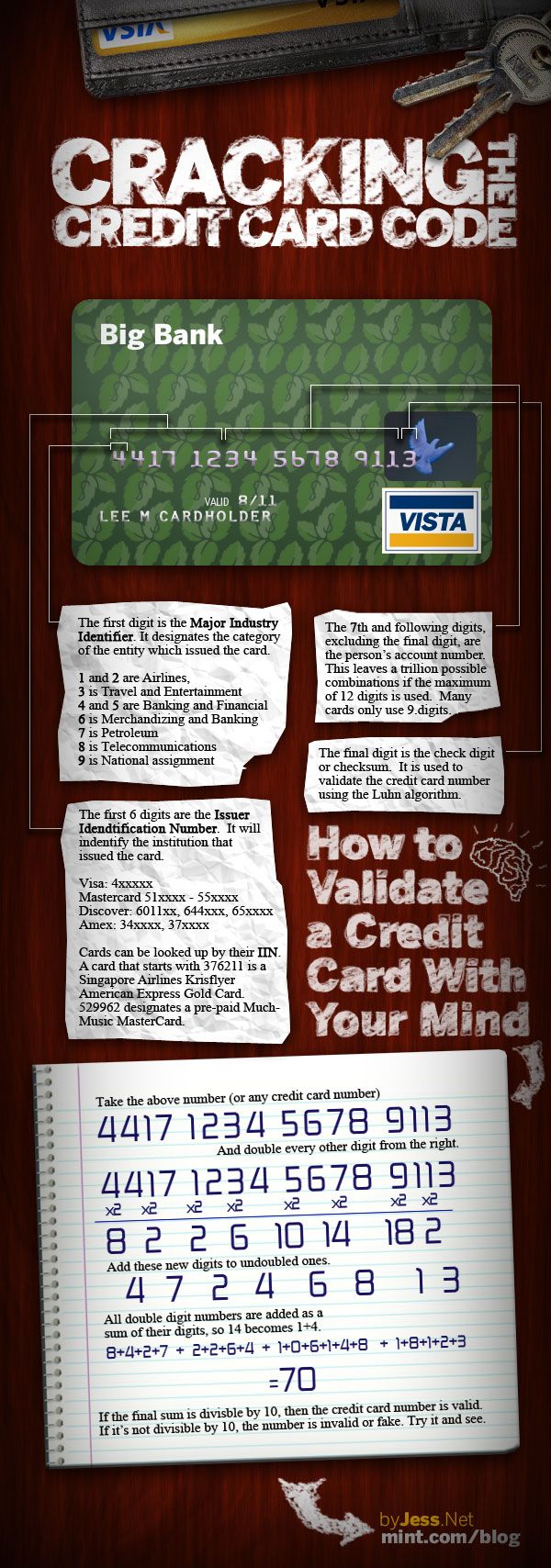Online Credit Card Fraud: Prevention and Detection Advice
Please note that we are not authorised to provide any investment advice. The content on this page is for information purposes only.
Credit card scams and fraud have become widespread and common with the use the internet where credit cards are used for transactions and payments everyday.
Fraudsters do everything from stealing credit cards to stealing entire identities to create new credit card accounts and create false payment pages online to capture credit card details – and then go in for the loot.
In the UK alone, fraud was estimated at US$800 million in 2006.
Credit card scams and fraud have become widespread and common with the use the internet where credit cards are used for transactions and payments everyday.
Fraudsters do everything from stealing credit cards to stealing entire identities to create new credit card accounts and create false payment pages online to capture credit card details – and then go in for the loot.
In the UK alone, fraud was estimated at US$800 million in 2006.
The schemes and techniques used are complex and advanced – most people don’t know they’ve been robbed until months after the crime has taken place, by which time, it’s often too late to recover the money.
So how can you prevent and detect credit card fraud?

1. Sign your card.
Sign your card as soon as you receive it – and sign it again when the ink wears off the back.
However some scammers don’t even need to sign your signature to access your funds – and many merchants don’t check to see if the signatures match.
2. Do not give your credit card number over the phone.
In cases where you’re asked for your credit card number over the phone, don’t give it out.
Most businesses will have a website you can make a secure payment from and the chances are, if they can’t facilitate secure credit card payments online – they’re not likely to have authorized facilities to charge your credit card offline.
In cases where you are phoned by your bank or electric company requesting your credit card details, alarm bells should be sounding in your head.
The most common scam is to receive a call and being notified of winning a large cash prize, and requesting your credit card details to verify your identity. This is a definite scam. No two ways about it.
3. Dodgy ATMS and card payment machines.
Some scammers attach devices on your local ATM machines and card payment machines at your local merchants to capture your credit card details. Be diligent when using ATMs and allowing your card to be swiped.
If the machine seems to have been tampered with, avoid using it and call your local bank to report the issue.
4. Online payments
Never provide your credit card details to an unsecure website or purchase products from unauthorized merchants online.
Easy to spot are the age old “too good to be true” deals online. The same rule applies to deals online – if it’s too good to be true, it probably is, and that discount gold necklace may never turn up, but you’ll sure be charged for it.
Services such as Paypal, act as a middleman so that your credit card details are never disclosed to merchants and also run an “Authorized Merchant” scheme where you can be sure the online merchant has been verified and properly registered with Paypal.
5. Shred recipets
Scammers can still use the numbers on your credit card receipts to rip you off. And they do, go through your trash.
Shred and properly destroy old receipts and statements you don’t require.
6. Check your statements
Check your statements every month to be weary of unsolicited charges that appear on your statements.
Some fraudsters “test the waters” first by deducting a small amount from your card – and do it over a long period of time, or go in for a bigger take the next month.
In addition, if you suspect unscrupulous activity and spot payments made to unidentified merchants, report it to your bank immediately – and they can begin looking into it.
If you have fallen victim to credit card fraud contact your local bank immediately and keep close tabs on the investigation.
Your best bet is to safeguard yourself by keeping your credit card details private, and be vigilant on where and how you use your credit card online.
Liz Zuliani
EconomyWatch.com




